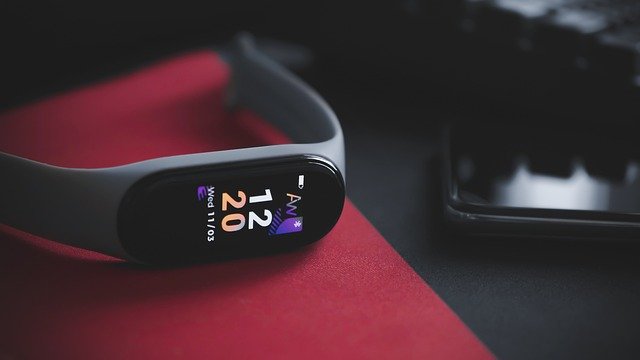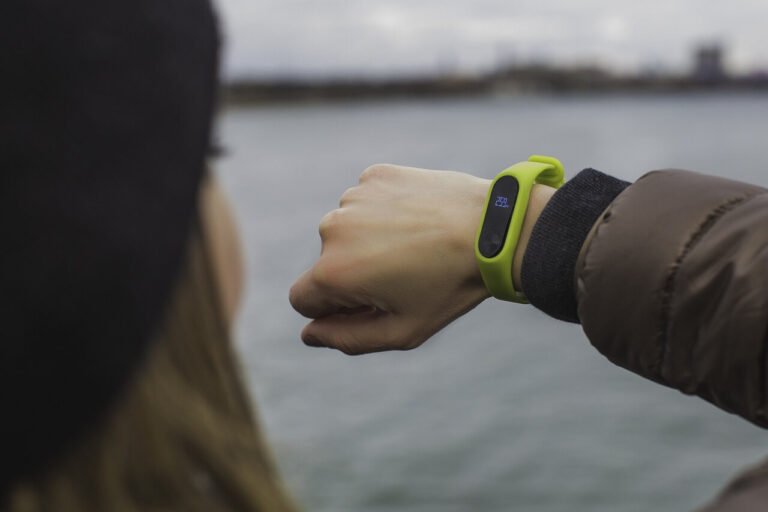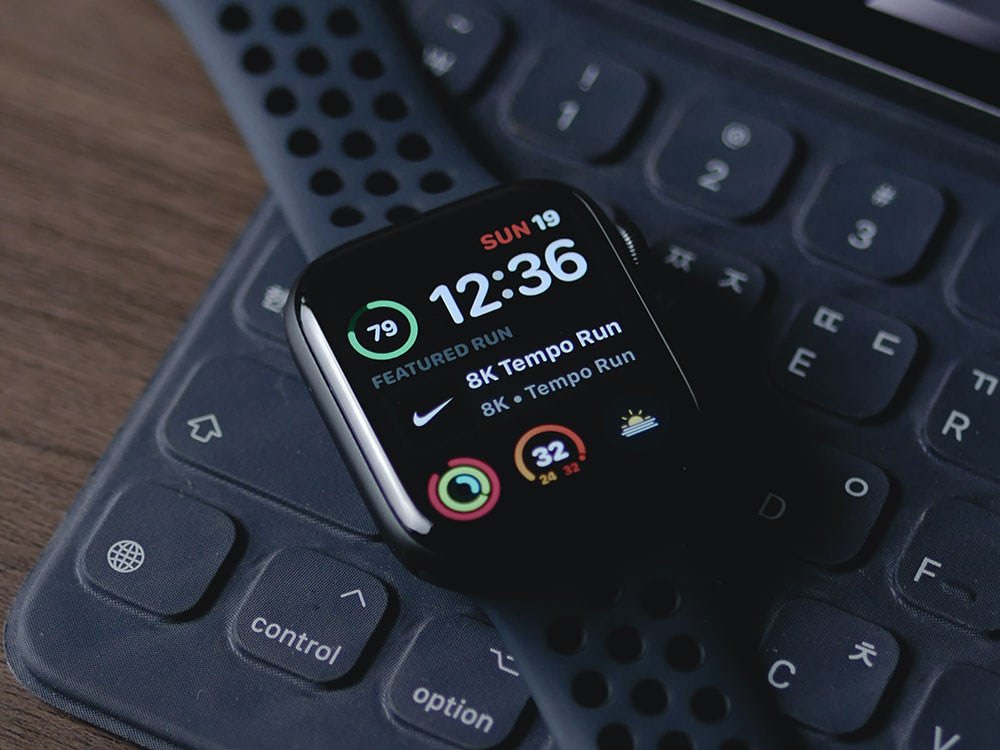Introduction
Fitness Trackers have become daily companions for many individuals striving to achieve their health and fitness goals. These wearable devices offer a variety of features designed to monitor and analyze various aspects of physical activity, from step counts and heart rate monitoring to sleep tracking and calorie expenditure. In this post, we’ll delve into the world of fitness trackers, exploring their appeal, benefits, drawbacks, and whether they truly deliver on their promises
Why do people like to wear fitness trackers?
Fitness trackers have gained immense popularity due to their ability to provide users with valuable insights into their health and fitness levels. One of the primary reasons people gravitate towards fitness trackers is the motivation they offer to lead a more active lifestyle. These devices serve as constant reminders to move and stay active throughout the day, encouraging users to meet daily step goals and engage in regular physical activity. Additionally, fitness trackers provide a sense of accountability by tracking progress towards fitness goals and offering rewards or incentives for meeting milestones. With features such as heart rate monitoring, sleep tracking, and calorie expenditure estimation, fitness trackers empower users to take control of their well-being and make informed decisions about their health habits. The convenience of having a personal fitness assistant on their wrist, coupled with the motivation and accountability they provide, makes fitness trackers an attractive tool for individuals looking to improve their overall health and fitness levels.
Benefits of fitness trackers
Some of the most appealing benefits of fitness trackers are:
Encouraging physical activity by setting daily step goals and providing motivational reminders to move.
Tracking heart rate during exercise to ensure optimal intensity and monitor cardiovascular health.
Monitoring sleep patterns and providing insights into sleep quality and duration.
Offering personalized insights and recommendations based on activity data, helping users make informed decisions about their health and fitness routines.
Disadvantages of fitness trackers
Nevertheless, not everything is perfect and Fitness trackers have some of the next back draws
Accuracy issues with certain metrics, such as step counts and calorie expenditure.
Reliance on battery life and the need for regular charging.
Over-reliance on technology and the potential for obsession or unhealthy behaviors.
Privacy concerns related to data collection and sharing with third-party apps or services

Unlocking the Potential of Fitness Trackers:
Fitness trackers offer users the potential to unlock a wealth of benefits in their health and fitness journey. By providing real-time feedback and data insights, these devices empower individuals to make informed decisions about their lifestyle choices. With features such as step tracking, heart rate monitoring, and sleep analysis, fitness trackers offer a comprehensive view of one’s physical activity levels and overall well-being. Users can set personalized goals, track their progress, and adjust their routines accordingly to achieve optimal health outcomes. Additionally, some
fitness trackers facilitate integration with other health and wellness apps and devices for a comprehensive approach to well-being. Fitness trackers serve as invaluable tools in helping individuals take proactive steps towards a healthier and more active lifestyle. By harnessing the potential of fitness trackers, users can embark on a journey of self-improvement and achieve their health and fitness goals with confidence.
What should I look for in a fitness tracker?
When considering purchasing a fitness tracker, several key factors should be taken into account to ensure that it meets your needs and preferences effectively. Firstly, the accuracy and reliability of the tracker’s sensors and data measurements are paramount. Look for a tracker with advanced sensors such as accelerometers, heart rate monitors, and GPS capabilities, which provide accurate data on steps taken, heart rate, distance traveled, and route mapping during activities. Moreover, consider the device’s battery life and compatibility with your lifestyle; a longer battery life ensures uninterrupted usage, while compatibility with your smartphone’s operating system ensures seamless synchronization and access to the accompanying fitness app. Additionally, assess the tracker’s design and comfort, as it should be lightweight, water-resistant, and comfortable to wear during various activities. Customizability features such as interchangeable bands and personalized display options enhance user experience. Finally, explore the tracker’s software capabilities, including its app interface, data analysis, and goal-setting functionalities, to ensure it aligns with your fitness goals and preferences. By prioritizing these factors, you can select a fitness tracker that best suits your needs and enhances your fitness journey effectively.

conclusion
When considering purchasing a fitness tracker, several key factors should be taken into account to ensure that it meets your needs and preferences effectively. Firstly, the accuracy and reliability of the tracker’s sensors and data measurements are paramount. Look for a tracker with advanced sensors such as accelerometers, heart rate monitors, and GPS capabilities, which provide accurate data on steps taken, heart rate, distance traveled, and route mapping during activities. Moreover, consider the device’s battery life and compatibility with your lifestyle; a longer battery life ensures uninterrupted usage, while compatibility with your smartphone’s operating system ensures seamless synchronization and access to the accompanying fitness app. Additionally, assess the tracker’s design and comfort, as it should be lightweight, water-resistant, and comfortable to wear during various activities. Customizability features such as interchangeable bands and personalized display options enhance user experience. Finally, explore the tracker’s software capabilities, including its app interface, data analysis, and goal-setting functionalities, to ensure it aligns with your fitness goals and preferences. By prioritizing these factors, you can select a fitness tracker that best suits your needs and enhances your fitness journey effectively.

